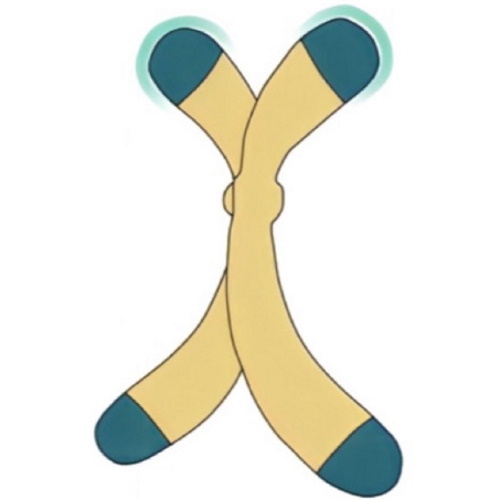Key points from article :
Scientists at Washington State University (WSU), led by Professor Jiyue Zhu, have created genetically engineered mice with human-like short telomeres, a breakthrough that could accelerate anti-ageing research. Telomeres, the protective caps at the ends of chromosomes, naturally shorten over time, leading to cellular ageing and eventual cell death. While studying telomere shortening in humans is challenging, these new mice, called HuT mice, offer a unique model to investigate the ageing process at the cellular level.
Unlike regular mice, which have significantly longer telomeres, the HuT mice do not express telomerase—the enzyme that extends telomeres—in adult tissues, making them the first truly humanized telomere model. Researchers will use them to study how short telomeres impact cancer risk, lifespan, and overall health. One key focus is understanding how reducing telomerase activity in cancer cells could lead to new treatments.
Beyond cancer research, HuT mice will help scientists explore how stressors like sleep deprivation affect ageing. This research, a decade in the making, could ultimately contribute to developing anti-ageing therapies for humans. The team hopes to share these mice with researchers worldwide to advance studies on ageing, disease, and potential lifespan-extending treatments.





